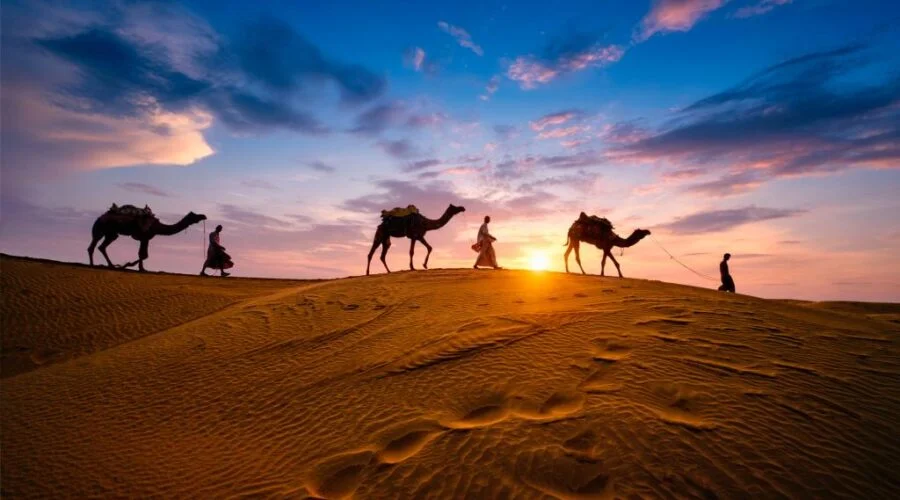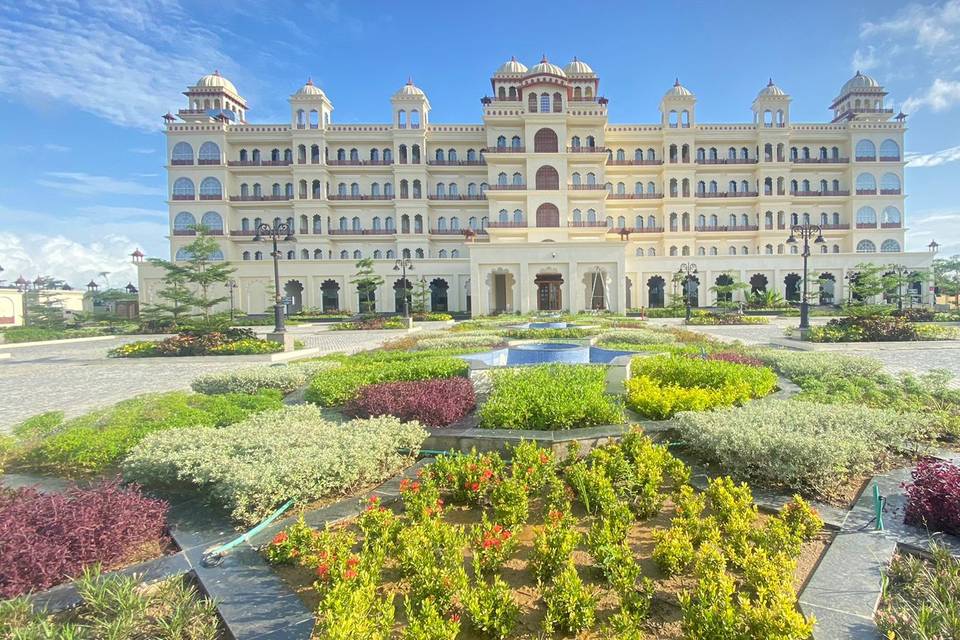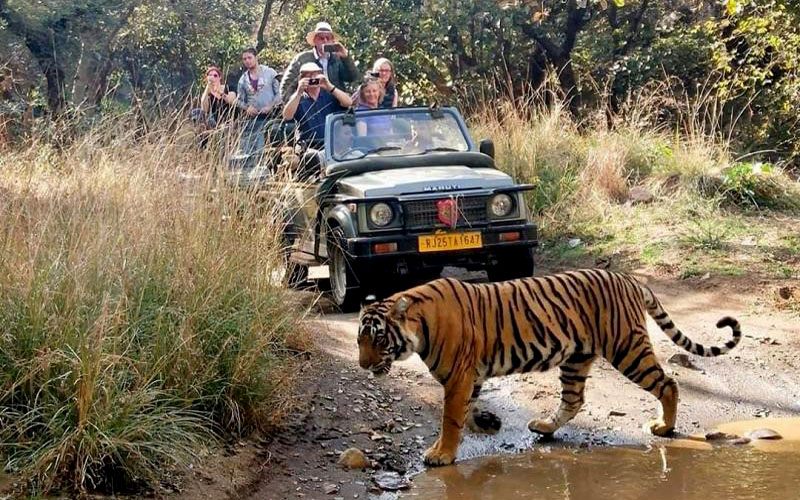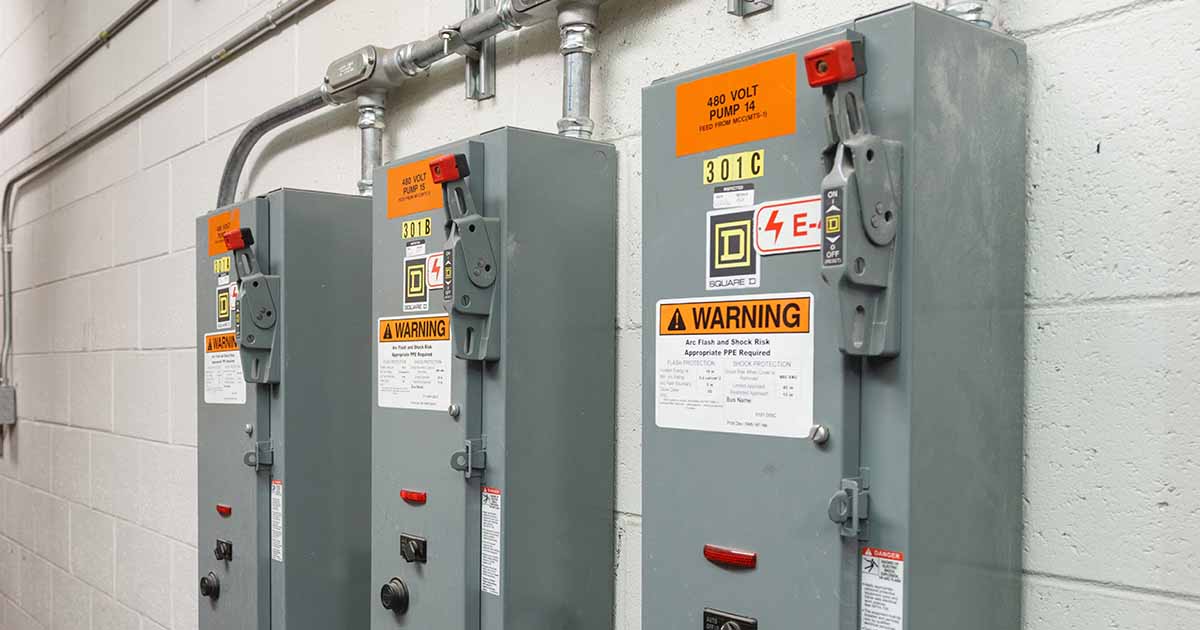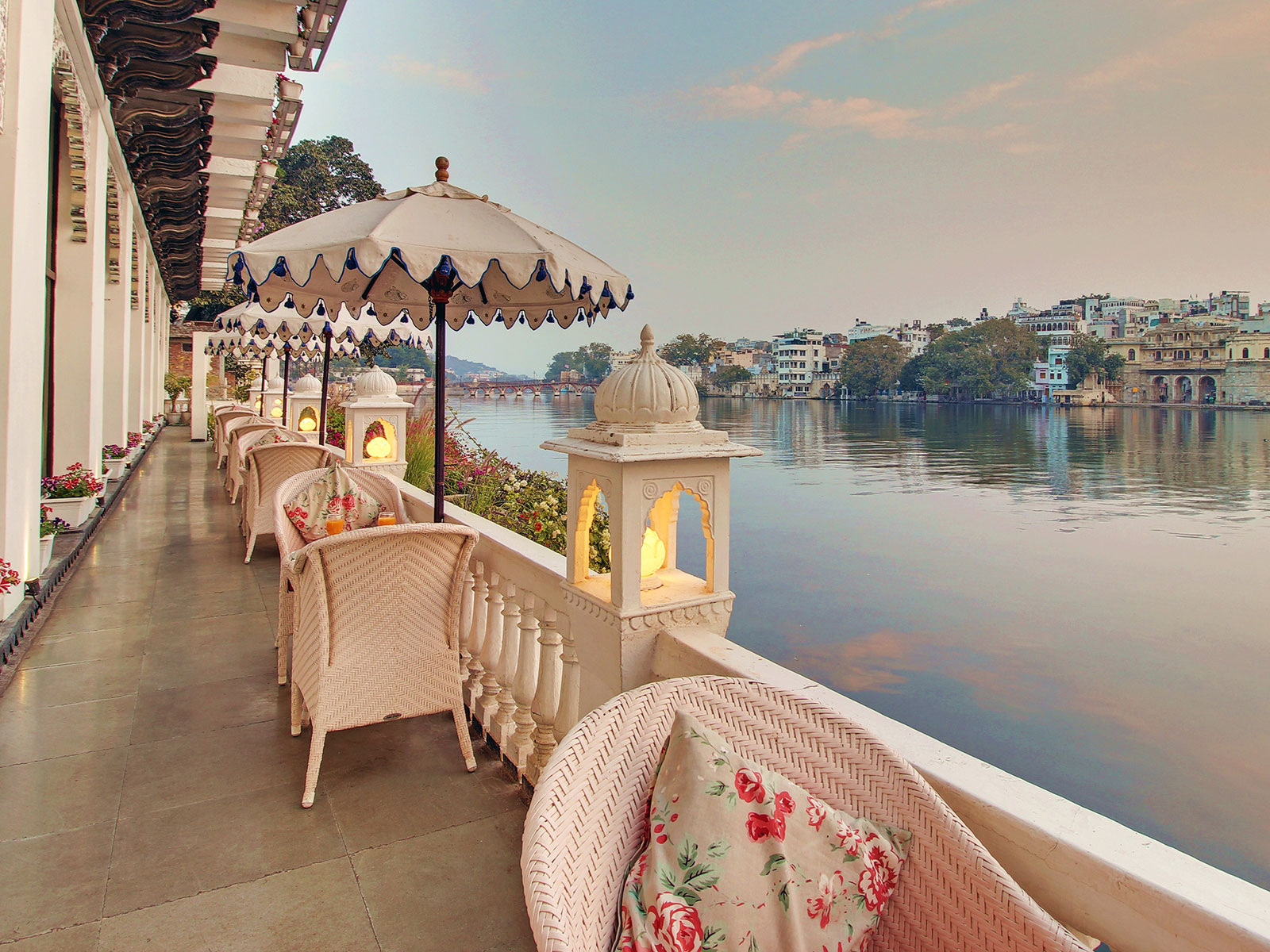A Guide To Different Funeral Traditions And Customs
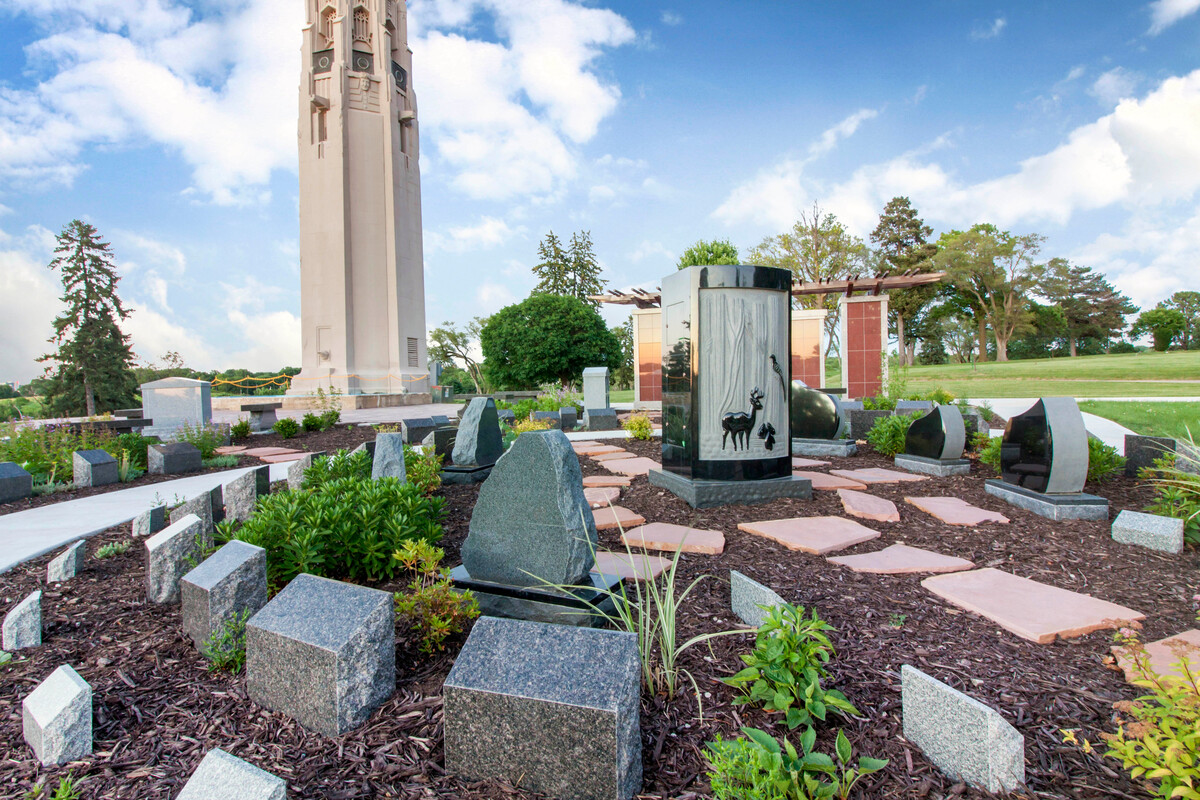
Funeral customs vary extensively from culture to culture, each bearing its own beliefs and practices in paying respects to the person. Funeral rites are location-specific, some of the most solemn Christian prayer rites belong to Maori Tangihanga in New Zealand. On the other hand, in India, Hindus respect cremation as the process towards reincarnation, while in Tibet, Buddhists opt for a sky burial in respecting their return symbolically to nature.
Other cultures, like the great celebrations in Ghana and the ancestral worship rituals in China, display remarkable ways in which communities cherish memories and honor lives. Certified directors and companies provide the most certified and reliable Oklahoma obits and funeral services, regardless of your culture and traditions.
Different Traditions and Customs Of Funerals
Different countries have varying customs and traditions regarding funerals based on their religions, cultures, and beliefs. Some of the most common funeral traditions include:
● Christian Funerals
In most cases, Christian funerals involve prayers, hymns, scripture readings, and a speech of praise to celebrate the deceased’s life. Usually performed in a church or chapel, the ritual concludes with a burial or cremation. The purpose of the rite is to celebrate the soul entering the afterlife. It unites the family to sorrow, remember, and console the souls who grieve. Sometimes, the family hosts a wake before the funeral so the friends can pay their last respects.
● Jewish Funerals
In Judaism, funerals are formal events centered on honoring the deceased’s soul and comforting the bereaved family. Traditionally, burial takes place within 24 hours after death. It begins by dressing the body in simple white garments to signify equality in death. Many mourners observe a seven-day mourning period called Shiva, where family and friends gather at the family home to share memories, provide support, and pray.
● Muslim Funerals
In Islam, respect for the body of the deceased is an important aspect, coupled with dignity. It starts by washing the body and covering it with a simple cloth. The funeral prayer called Salat al-Janazah is performed, followed by the burial of the corpse shortly after, usually within 24 hours. You have to put the body in a way that looks toward Makkah. The family and community continue praying in the succeeding days after burial.
● Hindu Cremations
Hindu burials are fairly ritualistic and may involve cremation, to free the spirit to move into the next life. This begins by bathing the body, dressing, and covering in flowers, and family members pray over it before cremation. Next, they scatter the remains from a sacred river, such as the Ganges, in a final act of respect. Hindu bereavement customs vary but may include a 13-day mourning of the deceased and assisting the family.
● Traditional Chinese
The traditional Chinese burial is full of symbolism and rituals enacted to uphold respect for the ancestors. Relatives wear white and burn incense, offering food, money, and gifts to enable the deceased to see through their struggles in the afterlife. Paper replicas of houses or even cars may get burned to symbolize their passing to the spirit world. The family performs mourning periods and repeats rituals during anniversaries to keep in contact with their ancestors.
Modern Funeral Traditions
Modern-day funerals are becoming tailored and environment-friendly. People now opt for a green burial, meaning the body does not get embalmed, using biodegradable products, and sent back to nature. You can include some digital elements in memorials, such as through webcasts so that people can watch from other places.
The trend toward cremation has permitted the storage or scattering of ash remains in meaningful locations for family members. This will enable individuals to make funeral practices an individualized expression of personal and family values.
How do Modern Funerals Impact Cultural Funeral Practices?
Modern funeral practices have replaced cultural funeral practices, which focused on religion and local norms. Meanwhile, modern funerals involve celebrating the deceased’s life and following individualism. But there is always room for personalization—you can add your cultural elements, such as symbols and music, to modern funerals. The reason behind this change in funeral practices is that people are more accepting of death now. They don’t take death as a taboo anymore but are open to discussing and accepting it.
Conclusion
Lastly, funeral traditions and cultures value the dead’s faith or belief. They all tell the deceased good wishes: Christian or Jewish Shiva, Ghanaian, or Tibetan sky burials. From the emerging green burials to the live-streamed services, contemporary funeral practices can say much about the shift toward personalization.
The variety of funeral rites simply emphasizes the human need for finality and, in the process, deserves respect for the different ways people observe life and deal with death. You can ask professional Oklahoma obits and funeral services for you, regardless of your culture and traditions. Make sure to choose your service provider carefully for the best experience.

